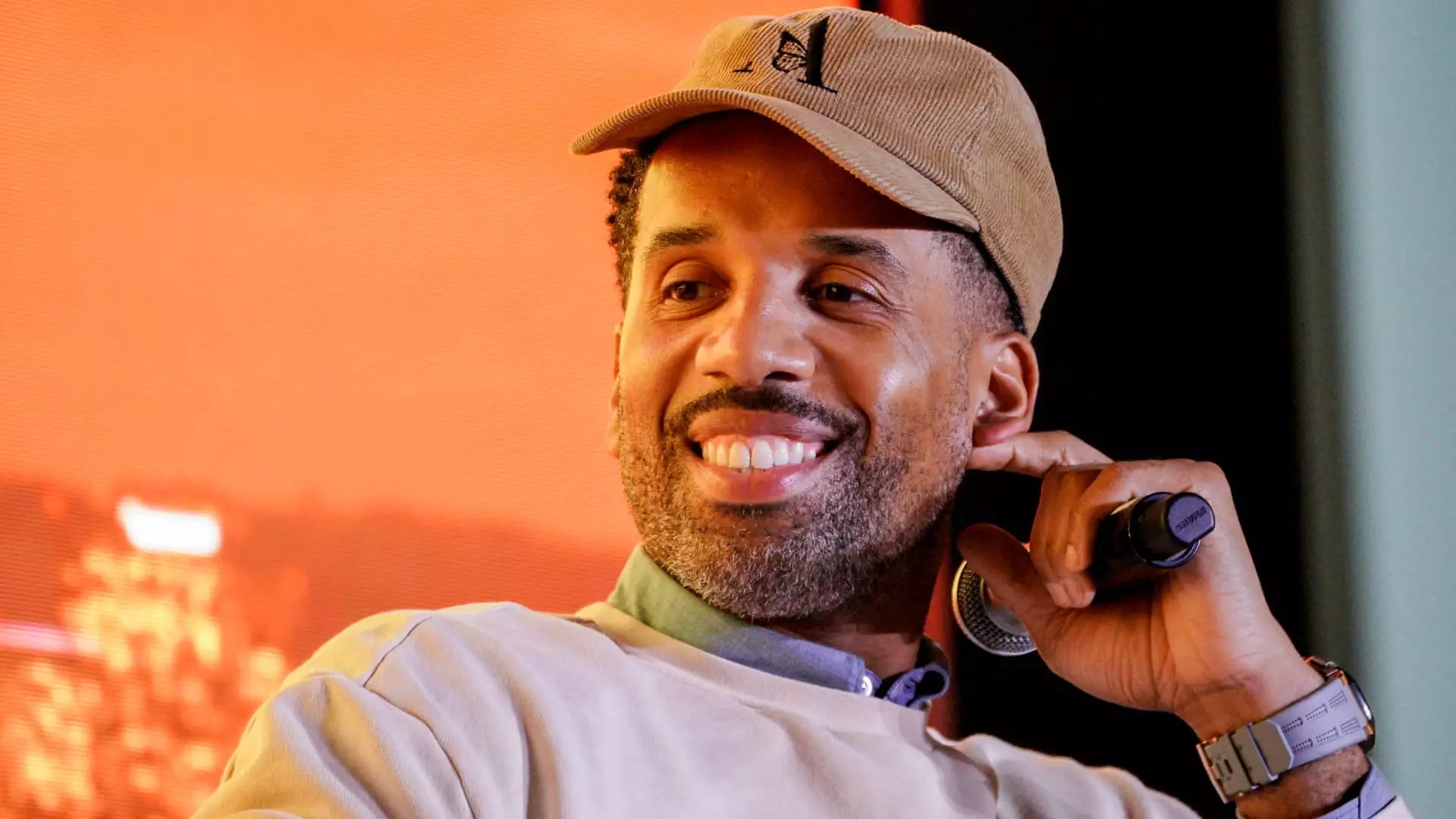A consortium of influential investors is reportedly in the early stages of forming a groundbreaking international basketball league that could dramatically reshape the sports landscape. With a staggering target of raising $5 billion, these ambitious financiers aspire to create an alternative to the NBA, poised to offer players equity stakes akin to the model adopted by LIV Golf. This meteoric financial aspiration underscores a broader trend in professional sports, where significant capital influx is being directed toward less traditional avenues, seeking to entice top talents away from established leagues.
The league’s proposed approach mirrors the strategies adopted by LIV Golf, which successfully attracted several PGA Tour stalwarts with lucrative contracts. Details remain sketchy regarding which players may be tapped for involvement in this new league, but expectations are high that the financial incentives will be substantial enough to draw interest from athletes in both men’s and women’s basketball. This is particularly notable given the increasing visibility and popularity of women’s sports, which the league aims to champion with equal investment and opportunities.
The inner circle behind this venture features notable figures such as Maverick Carter, a respected business strategist and long-time associate of LeBron James, alongside other prominent investors such as Jason Stein and Daniel Haimovic of SC Holdings, Geoff Prentice, a Skype co-founder, and former Facebook executive Grady Burnett. Interestingly, despite Carter’s connection with James, his camp has explicitly stated that James is not involved or consulted regarding this initiative, raising questions about how the current basketball elites will ultimately respond to this new competitive entity.
Plans for the league suggest a distinctive format, with games to be held in eight unnamed cities around the globe, emulating the successful model of Formula 1 racing. This structure not only aims to enhance the viewing experience but also to establish a global fanbase, with Singapore already confirmed as one of the potential venues. Such strategic localization may allow for rich cultural exchanges and engagement, catering to diverse audiences eager for innovative sports entertainment.
As discussions about this ambitious league unfold, it is worth noting the NBA’s increasing focus on international markets. With a league presence in Africa and exhibitions hosted in various regions from Asia to Europe, the NBA has made concerted efforts to cultivate global ties, evidenced by a record-breaking count of international players participating in the current season. This ongoing shift towards globalization presents a dual narrative: while the NBA is deepening roots worldwide, the emergence of an international league may challenge its dominance in the basketball arena.
The rise of an international basketball league reflects broader economic currents where traditional ownership models are being disrupted by innovative, investment-driven frameworks. It raises crucial questions: Can this initiative secure the necessary financial backing? Will it attract established talents or merely serve as a curiosity? Regardless of its outcome, the mere notion of an alternative league suggests an evolution in professional sports, and fans are left to wonder how this potential rivalry could unfold in the near future.

